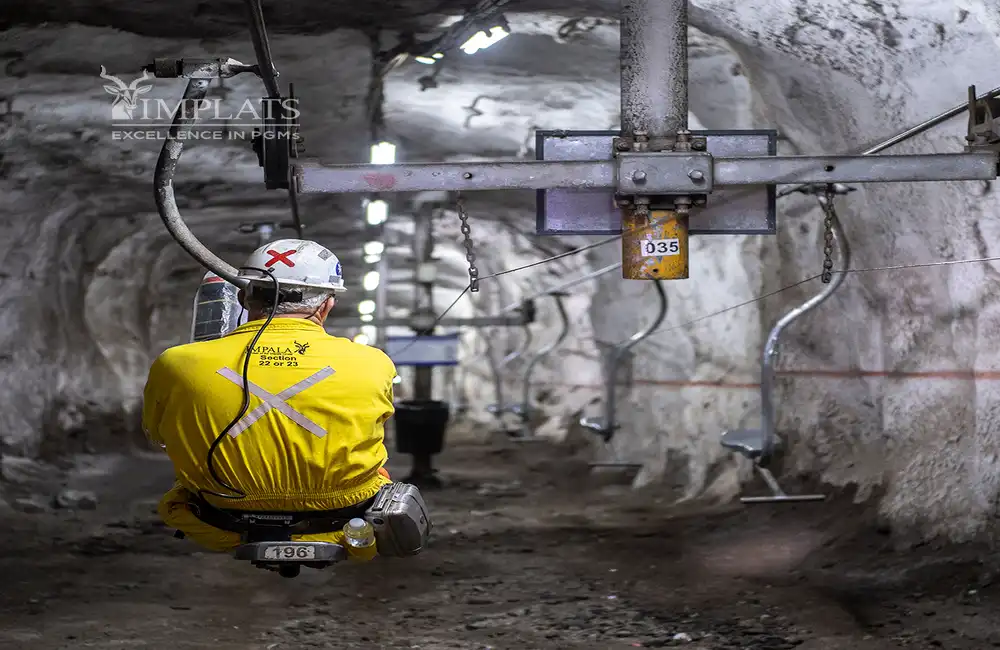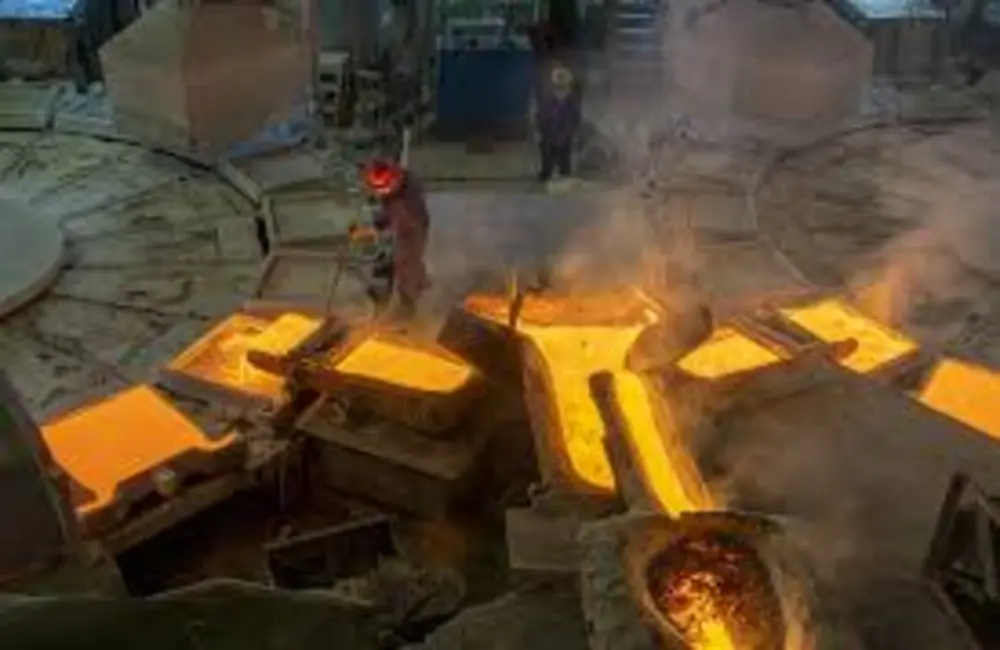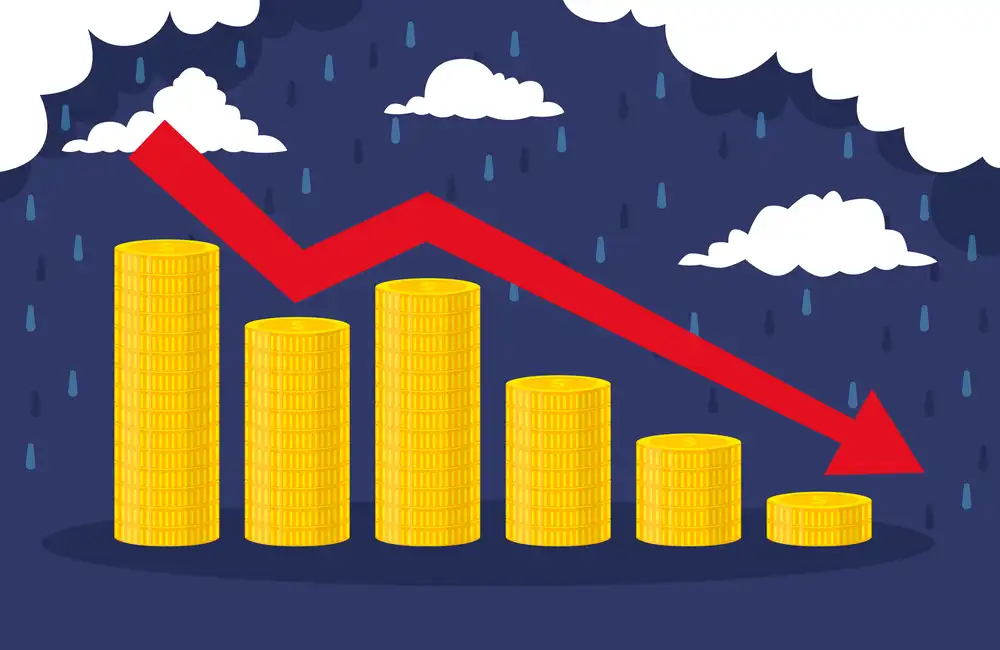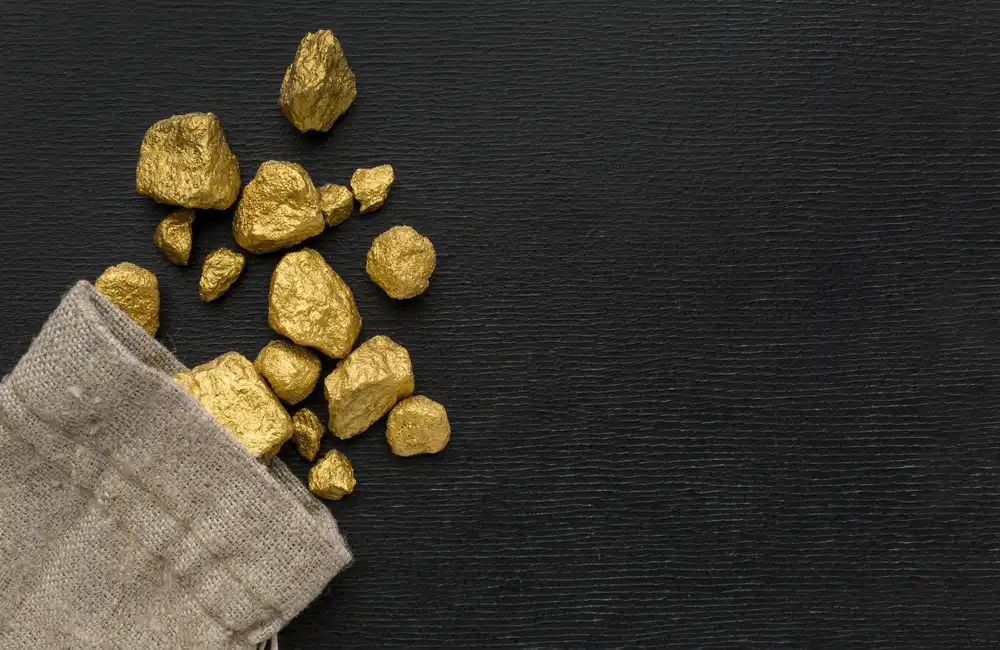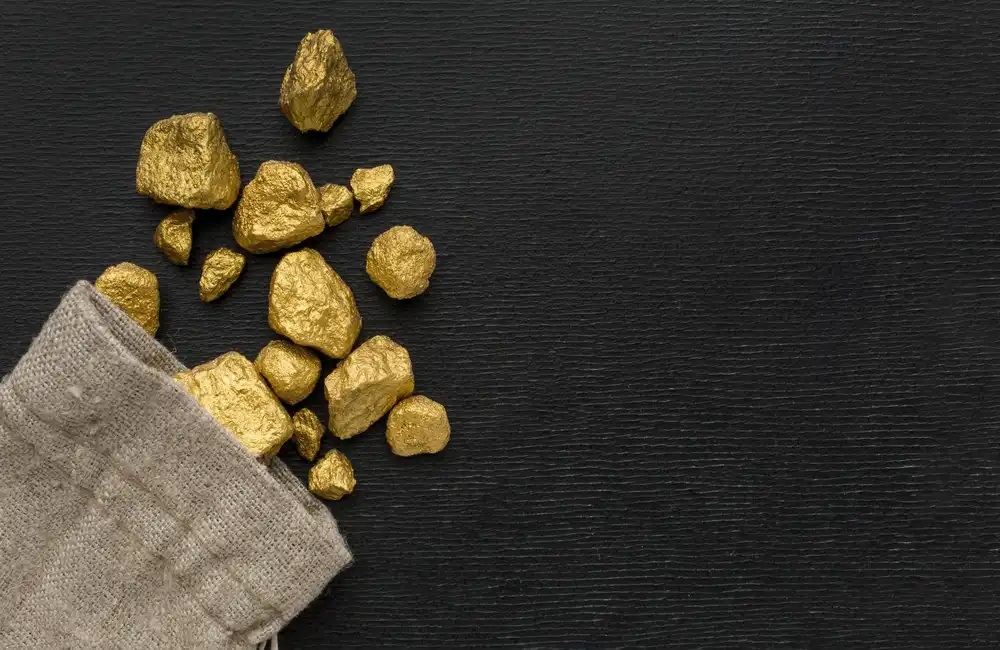Western sanctions currently in place against Russian banks and individuals will likely not make much of a dent in metals trade, industry analysts said Feb. 23. But the sanction-induced risk of rising energy costs has begun to prop up metals production costs and prices, they said.
“The sanctions that have been announced thus far have fallen short of the expectations of commodity markets,” ING Economics’ commodities analysts Warren Patterson and Wenyu Yao wrote on Feb. 23. Local banks that are deeply engaged in the commodities business have been spared the sanctions that western governments have placed on five Russian banks and three billionaires, they said.
The sanctions are in response to Russia's announcement that it will officially recognize the Russian breakaway states in eastern Ukraine, and bolster these with peacekeeping troops.
Nord Stream 2
"The key development impacting commodity markets is Germany’s decision to halt progress over Nord Stream 2 pipeline which while not yet operational should not yet influence the flows of natural gas to Europe given that it is technologically possible to run excess flows into Europe via alternative pipelines, however it could trigger a Russian move to continue to curtail total Russian gas flows into Europe keeping the gas market tight until the end of the next heating season," the ING analysts said. That, in turn, might increase smelters’ costs.
John Meyer of brokerage SP Angel said Feb. 23 that Russia was a “clear and present danger” driving “global energy inflation” ever “higher” as it drives troops into the separatist regions of Donetsk and Luhansk in Ukraine, now referred to collectively as the Donbas region.
Price risk premium
SP Angel and ING Economics said the geopolitical worries have also generated a potential "risk premium" for some base metals of which Russia is a major producer, including aluminum and nickel.
“Aluminium and nickel also remained in focus yesterday, precaution around geopolitical risks stemming from Russia and the possibility of Western sanctions weighed on these markets,” ING’s Patterson and Yao said. "LME 3M aluminium was just 15 cents off its record high in 2008, and nickel broke over $25,000/mt amidst increasing fears of a disruption to Russian metals flows. But the sanctions announced so far seem as though they will have little or no impact on metal flows from Russia.”
Meyer observed that gold has stayed on about $1,895/oz after hitting a nine-month high at $1,913/oz on Feb. 22. “The sanctions on Russia and the halting of Nord Stream 2 could not push the metal higher, which indicates to me the gold market has priced in further escalation in the area,” he said.
More sanctions may come: ACSS
Saskia Rietbroek, executive director of the Association of Certified Sanctions Specialists, made up of compliance professionals from 73 countries, said on Feb. 23 that the designations earlier this week of sanctions on VEB and PSB bank and their subsidiaries were just the first of a series of sanctions packages.
This was “less ambitious than I had expected,” she said. “These two sanctioned Russian banks are policy banks, not retail, so while it keeps sanctions compliance professionals busy, it has caused no financial panic. But more designations in the financial sector remain possible. More detailed, less known to people is that it has effects on other sources like shipping international, since five vessels were also on the sanctions list."
Rietbroek said she thinks that more sanctions will be given against Russia and added that these “will be incremental as the situation on the ground develops.”
“There were also non-financial entities among Russian companies sanctioned by the US this week, including a leasing company, an electric energy company, a construction one, and a coal mining one. I did not find one metal company referenced among those," she said in a statement emailed to S&P Global Platts. Yet the legal framework for punishing metals companies exists at the discretion of OFAC, the agency in charge of sanctions in the US, she said.
“The US government could take retaliatory sanctions under Section 223(a) of a law passed in 2017 CAATSA, under which targeted sanctions can be levied against industries or businesses, and in this case we’re primarily discussing state-owned companies (in the Russian railway or metals and mining sector),” Rietbroek said. “They can therefore apply sanctions against targeted sectors of the economy of Russia for its aggression in Ukraine, also on the metal sector,”


